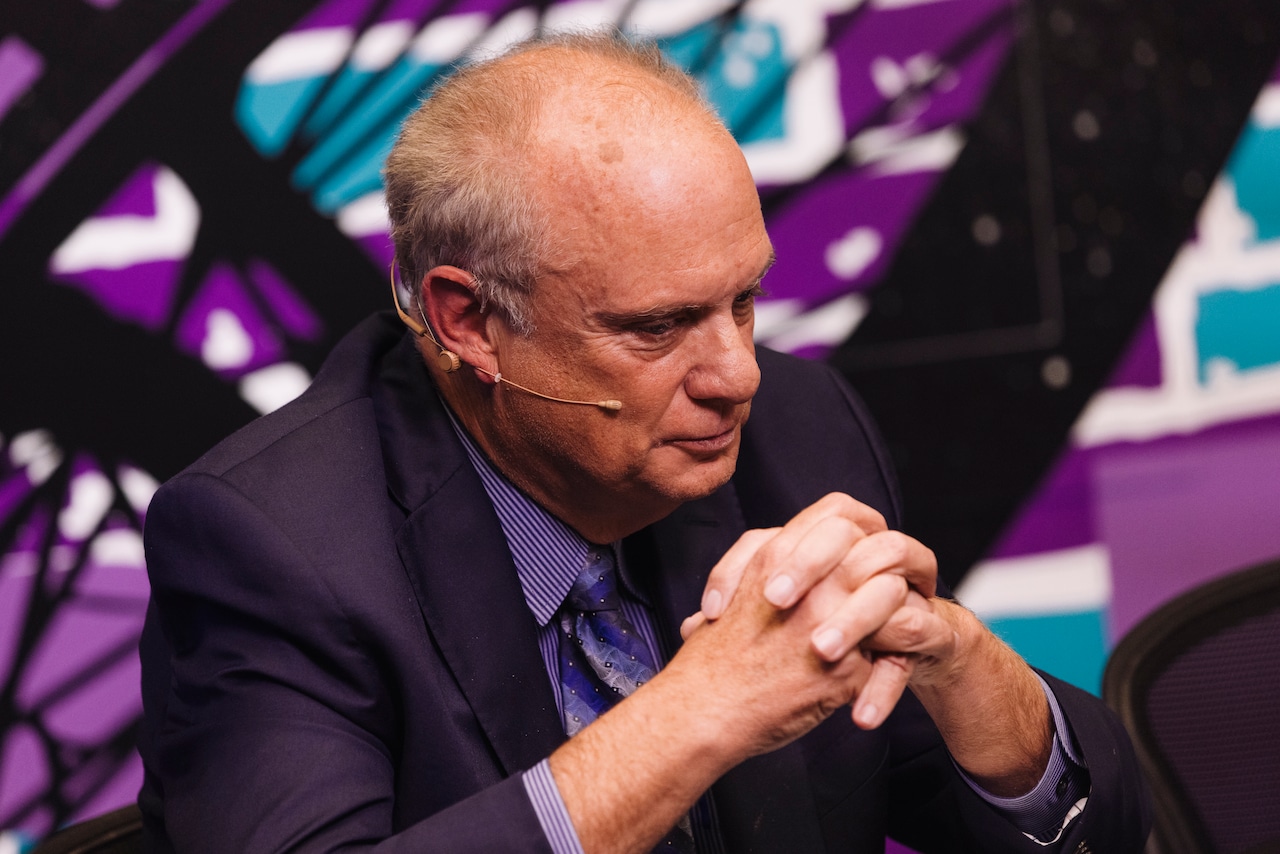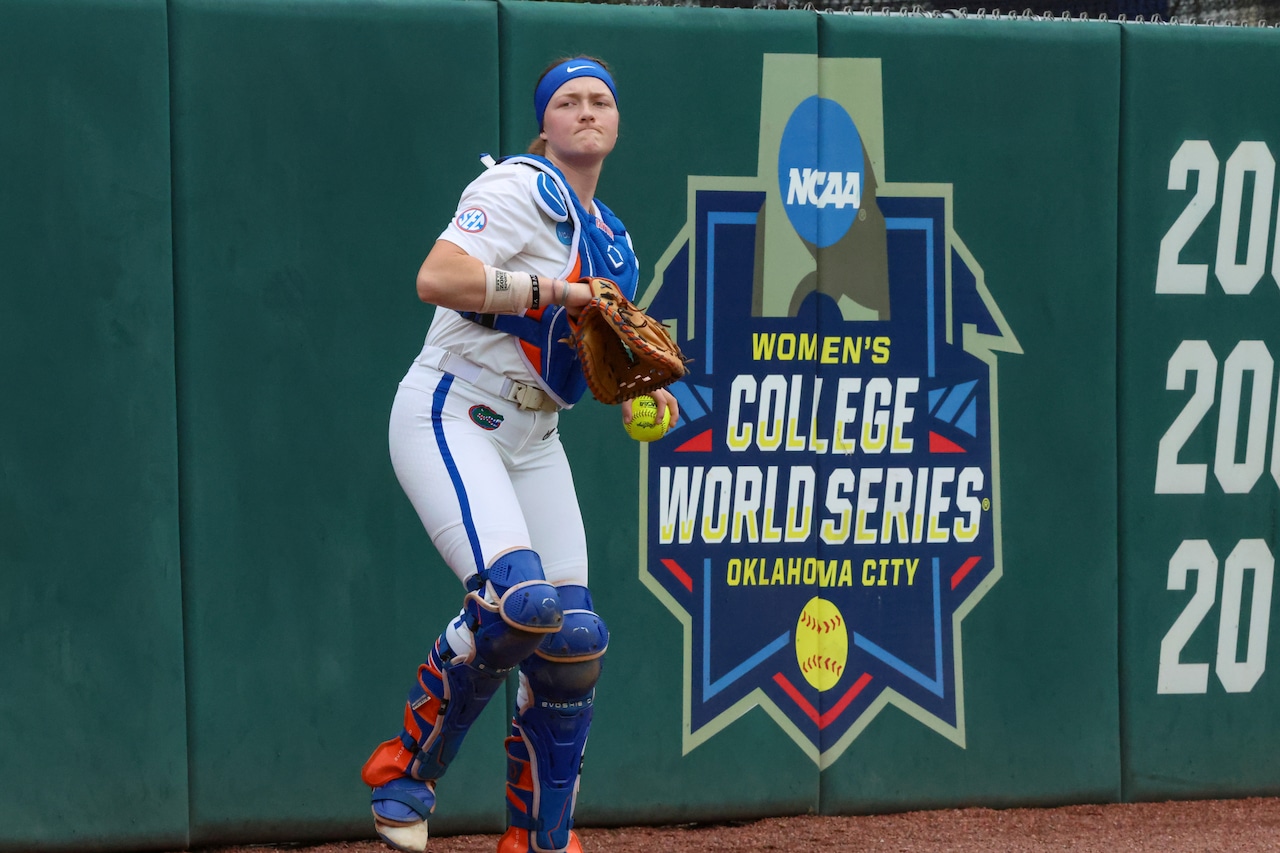When the process began last month to find a replacement for Chaim Bloom, it’s unlikely the Red Sox expected to hire Craig Breslow. They might not have even expected to interview him.
Dissatisfied with the progress made at the major league level over four seasons under Bloom, the Red Sox envisioned going with a more experienced executive, preferably one who had been the No. 1 decision-maker for another successful organization. At the very least, the Red Sox thought, they could poach an experienced No. 2, someone who had shown enough to warrant a turn in the big chair.
It soon became apparent, however, that not only would the Sox not attract a big-name, No. 1 executive — with Derek Falvey declining an invitation to interview for the second time in four years, and Kim Ng also turning down an opportunity — but that luring a strong No. 2 was also easier said than done. For a variety of reasons, Sam Fuld, Brandon Gomes and others passed.
That left the Red Sox with a considerably scaled-back field of applicants, including Thad Levine, Neal Huntington and a handful of internal candidates.
Levine was a well-regarded executive with experience in two successful organizations, Texas and Minnesota. Huntington had a small window of relative success in Pittsburgh, but couldn’t sustain it. Either would have been perfectly adequate, in all likelihood. But neither exactly stood out.
Within the organization, a few inside candidates were clearly not yet ready. Paul Toboni and Mike Groopman both lacked the necessary breadth of experience to run a big-market team. Even Eddie Romero, respected as he is in international scouting circles, would have represented, given his 20-plus year association with the team, more of the same.
Breslow, though, was different.
$200 INSTANT BONUS
DRAFTKINGS MASS
BET $5, GET $200 BONUS BET
FANDUEL MASS

BET $50, GET $250 BONUS
CAESARS MASS
$1,000 FIRST-BET BONUS
BETMGM MASS
MA only. 21+. Gambling Problem? If you or a loved one is experiencing problems with gambling, please call 1-800-327-5050 or visit gamblinghelplinema.org for 24/7 support. LiveChat with a GameSense Advisor at GameSenseMA.com or call 1-800-GAM-1234
MA Gambling Helpline.
Known for his intellect and innovation, Breslow had potential. And just as scouts must often project what a high schooler or collegian is going to be capable of in five years time, management must sometimes do the same with front office candidates. Instead of trying to anticipate how power, speed, and range will translate for a major league aspirant, the same calculus must be made with potential executives: Can they lead? Will they collaborate? How will they anticipate?
And matched against a rather ordinary field of underwhelming aspirants, Breslow began to look better and better. And that’s because he has the highest ceiling.
As a pitcher, Breslow was something of an overachiever. Not a lot of barely six-foot-tall, 26th-round Ivy Leaguers enjoy a 12-year playing career in the big leagues. But Breslow did because of his smarts, his guile and his willingness to adapt. In his last year of pro ball, he agreed to a stint with Toronto’s Double A affiliate, where, eager to get another year out of himself, he worked on adapting a new sidearm delivery.
As a lead baseball executive, however, Breslow would project as “toolsy” — that is, Breslow is gifted with an impressive skill set that represents enormous potential. This isn’t about physical attributes like speed and power or agility; it’s about mental aptitude, creativity and foresight.
Breslow doesn’t have nearly as much front office experience as Bloom did when he was hired. He’s worked with the Chicago Cubs for more than four years, but much of that work has been done remotely from his Boston-area home. His career path is not traditional in that sense, and that may be part of what attracted the Red Sox to him.
Given the responsibility of overseeing the Cubs’ pitching development, Breslow met the challenge with enormous success. When he was hired, the Cubs’ minor league pitching program was in shambles; earlier this month, one executive said it’s now the envy of the industry, with perhaps more elite pitching prospects than any team in the game.
Breslow tinkered. He experimented. He incorporated data and he researched. He was unafraid to be traditional and equally willing to innovate. And more than anything, he got results.
If Breslow does little more than similarly overhaul the Red Sox’s pitching development program, he’ll be a success. As has been well documented, the Red Sox organization somehow drifted from Clay Buchholz (major league debut: 2007) to Brayan Bello (2022) without developing a quality homegrown starting pitcher. It’s virtually a guarantee that Breslow will improve upon that limited level of success.
But there’s much more to do, too. The sport continues to undergo massive changes, both in how it’s played and how its players are evaluated. In part because of some recent on-field rule changes, the game is more athletic than it’s been in decades. Young, freakishly athletic players like Corbin Carroll and Elly de la Cruz are now the gold standard. For the Red Sox, there are signs of progress at the major league level, with the emergence of Jarren Duran and the pending arrival of Ceddanne Rafaela. The system boasts some potential five-tool stars, though not in the upper reaches of the system.
Breslow will be tasked to anticipate these trends and stay ahead of the competition. As the game welcomes more and more players from the Far East, it will be incumbent upon the Red Sox to beef up their scouting presence in Asia and nurture relationships. They’ll need to focus more on pitching in the domestic draft, and find ways to maximize health and performance.
A guy with a molecular biophysics and biochemistry degree can probably tackle some of these issues.
Some understanding of economics would he helpful, too, especially if the Red Sox are going to spend more modestly, as they did in 2023. Breslow will need to uncover useful parts around the margins and learn to live without the game’s biggest free agent stars.
It’s a humbling task, as the track records of his immediate predecessors can attest, and patience is in short supply on Jersey Street. It’s a win-or-else environment, no matter what his bosses might say at the outset. But he inherits a fairly talented major league roster — albeit one in desperate need of an infusion of quality starting pitchers — and a markedly improved minor league system.
It’s worth noting that at a time when the Red Sox could have made a safer, conventional hire, they opted for a more bold call. They took a full cut and swung for the fences. They opted for different, downplayed the importance of a more traditional resumé and took a chance.
Maybe they have themselves the next great MLB executive, someone with the vision and insight to return them to dominance. Or maybe it will be revealed over time that they swung and missed and placed too much faith in someone largely untested.
It’s anyone’s guess. But it’s likely to be, at bare minimum, an interesting gambit.






